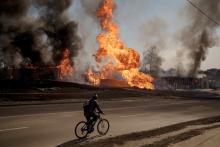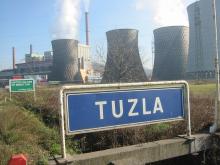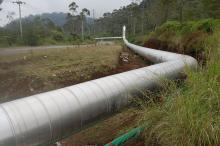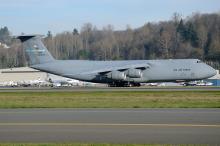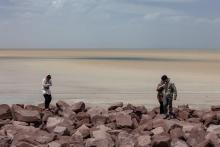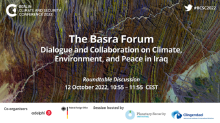Months of the military conflict caused by Russia’s full-scale invasion of Ukraine have caused significant damage and led to the unfolding of a humanitarian crisis. Civilian infrastructure has been destroyed and damage has been done to the environment. This war adversely affects the global climate causing significant carbon dioxide and other greenhouse gas emissions into the atmosphere.



